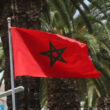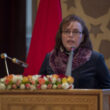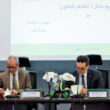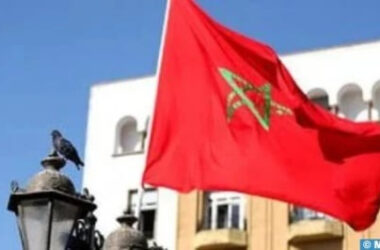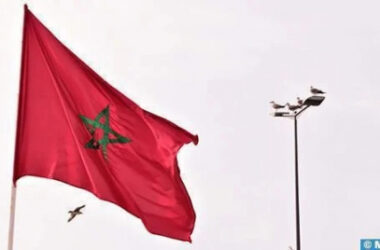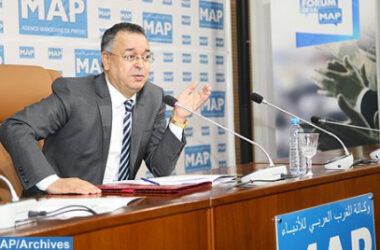Citing the joint statement adopted at the end of a meeting in Rabat between the Head of Government Aziz Akhannouch and the Austrian Federal Chancellor Karl Nehammer, the Italian news agency “Lapresse.it” reports that Austria considers the autonomy plan, presented by Morocco in 2007, as the basis for a solution accepted by all parties.
Austria has affirmed its support for the efforts of the Personal Envoy of the UN Secretary-General for the Sahara, Staffan de Mistura, and his efforts to continue the political process aimed at achieving “a just and lasting political and mutually acceptable solution,” notes, for its part, the news agency “Nova”.
The Italian news website “Inside Over” notes that with this position, 13 EU countries now support the Moroccan autonomy plan, including Spain, Germany, the Netherlands, Cyprus, Luxembourg, Hungary, Romania and Portugal.
Many other African, Arab and Asian countries, as well as the United States, recognize Morocco’s full sovereignty over its Sahara, says the electronic newspaper “Informazione.it”.
He added that as a sign of recognition, more than 30 countries have opened consular offices in the Kingdom’s southern provinces.




